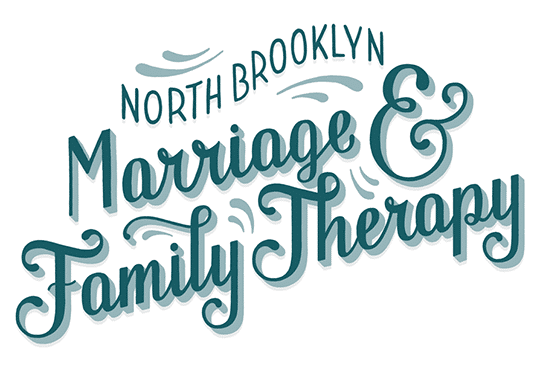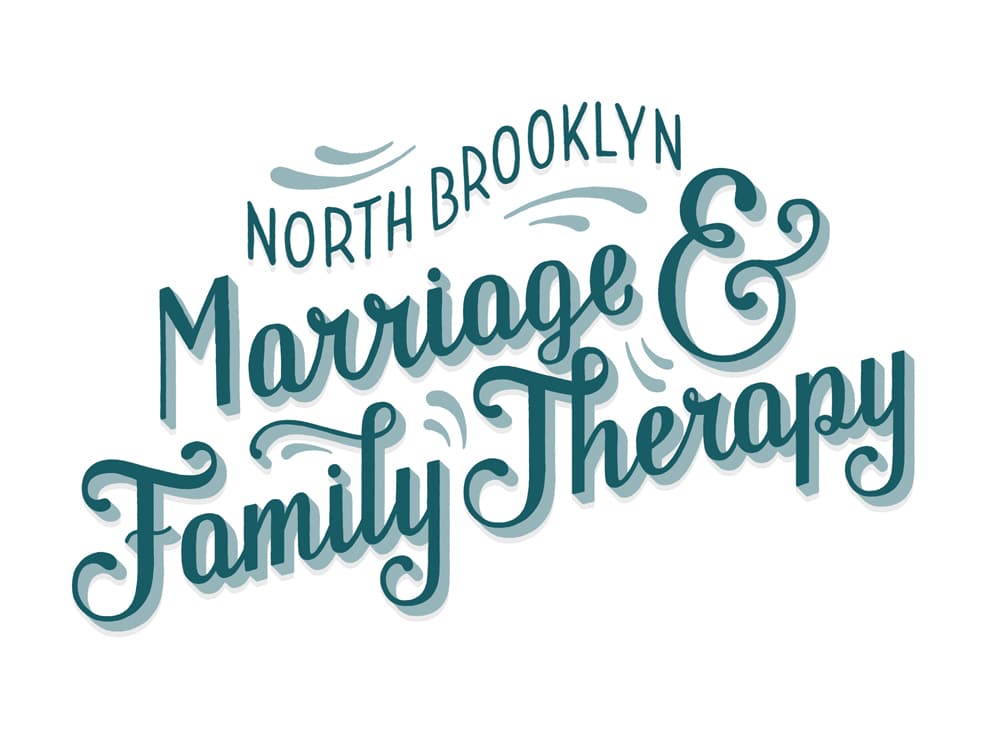Dealing With Depression in New York
It’s completely normal to feel sad or down from time to time. Whether it’s because of a life tragedy, a series of minor inconveniences that continue to pile up to form one massive inconvenience or just the seasons … Read More


